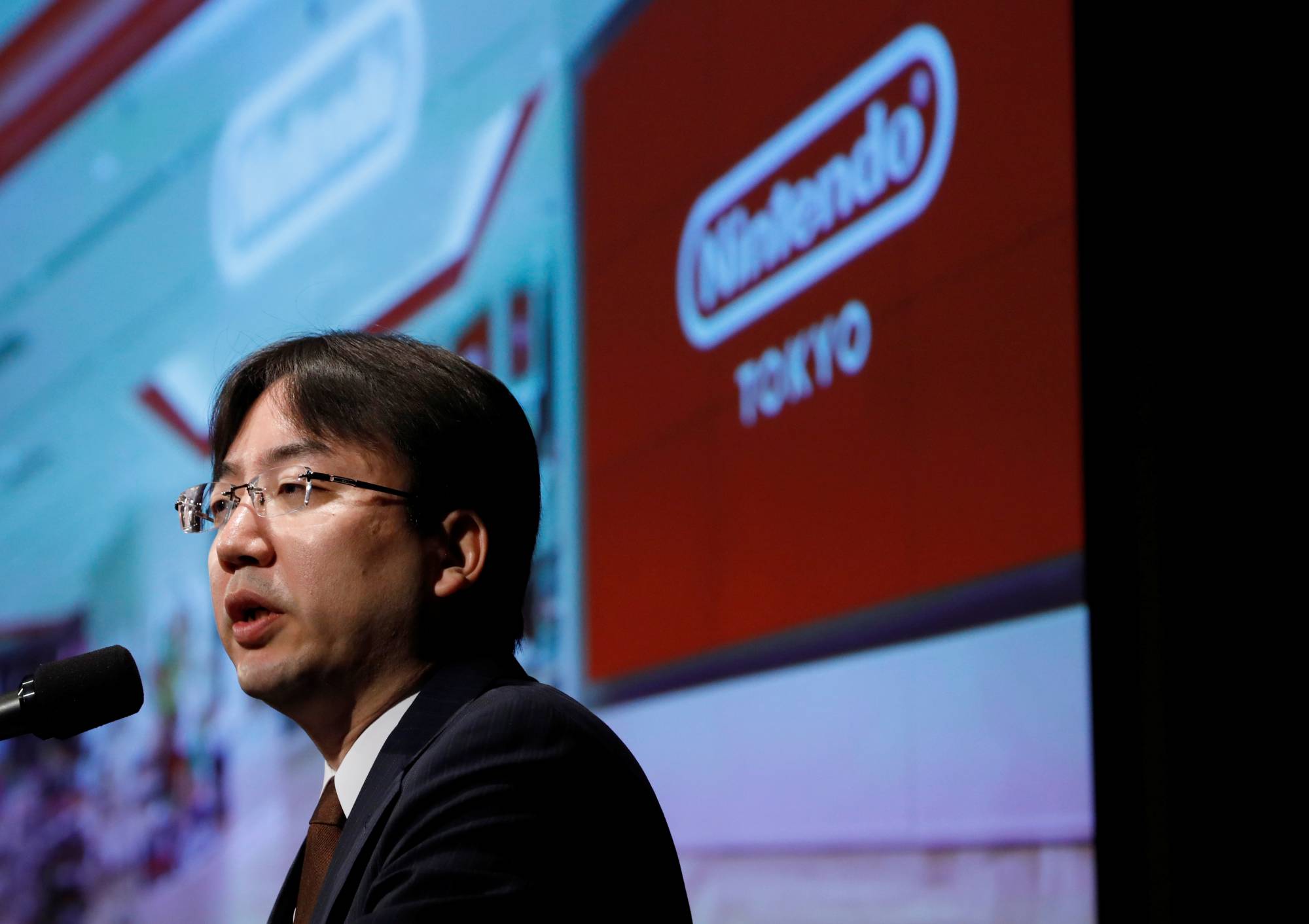Leave it to video game companies to step up when the Japanese government won't.
In a recent update on Nintendo's corporate social responsibility site, the Kyoto-based game maker announced it had implemented a new initiative to create a work culture that supports and empowers all its employees. To do this, Nintendo introduced what it has dubbed the "Partnership System."
"Although same-sex marriages are not currently recognized under Japanese law, this system ensures employees who are in a domestic partnership with a same-sex partner have the same benefits as employees in an opposite-sex marriage," the company explained of the system that has been in place since March 2021.



















With your current subscription plan you can comment on stories. However, before writing your first comment, please create a display name in the Profile section of your subscriber account page.